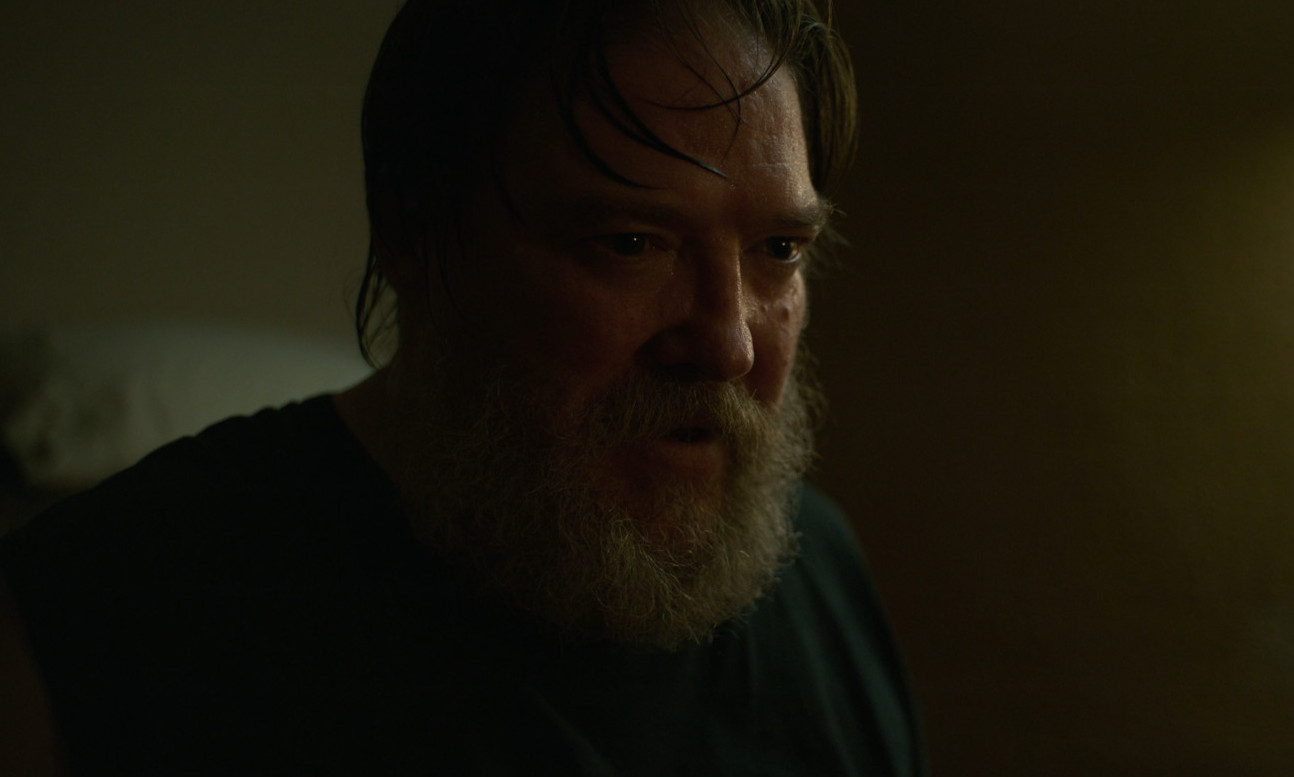Sometimes an actor wants to make a spontaneous change on stage. Here are the reasons why that is a bad idea.
1. An author works really hard to get a script written to his liking. A show may even be produced while he is making edits. He can see what is being done onstage and change the things that do not work. If the author wanted a particular moment (dialog, movement, expression) he would have written it in. That is why it is so important to your fellow actors and to the spirit of the play to learn it as close as is possible to what is in the script.
2. The director, as you know, will make changes to the script to fit the stage or the target audience (such as removing curse words), etc. If the director wanted a particular moment to occur, she would have added it.
3. Your fellow actors have learned (or should have learned) the play as the author has written it and as the director has directed it and try hard to be consistent in every moment every show.
Ninety-nine percent of the moments should have been discovered in rehearsal where it is OK to try new things. The other 1% of discover will happen for things like they way we deliver a line or how we may react. But it should never be changing a line or doing something different without the director’s approval and your fellow actors knowing what will be different.
Doing something different or unexpected or changing a line without your fellow actors knowing can destroy a moment. It could cause your fellow actor to break character which breaks the illusion we are creating for the audience.
A lot of actors, myself included, work very hard on creating a character and the moments that character is involved in. Once in character, small things can break moments for that for the actor. You will notice that sometimes your fellow actors do not want to chat before or during a show so they can focus on becoming that character. One night I forgot a line, but recovered, simply because part of another actor’s costume fell off in the previous scene as was still on stage and I got distracted. It doesn’t take much.
Having respect for your fellow actors and what they are trying to achieve is all part of being a professional actor. Being professional is not just about how good your are but includes all the things that go into a production: Knowing your lines. Knowing your stage directions. Respecting your fellow actors. Being at the right place at the right time. Respecting the crew. Respecting the patrons. That is the most important part. You are there to entertain the patrons. By being professional about everything else, your respect for the patrons will be evident. And the respect from your fellow actors towards you will be evident as well.
